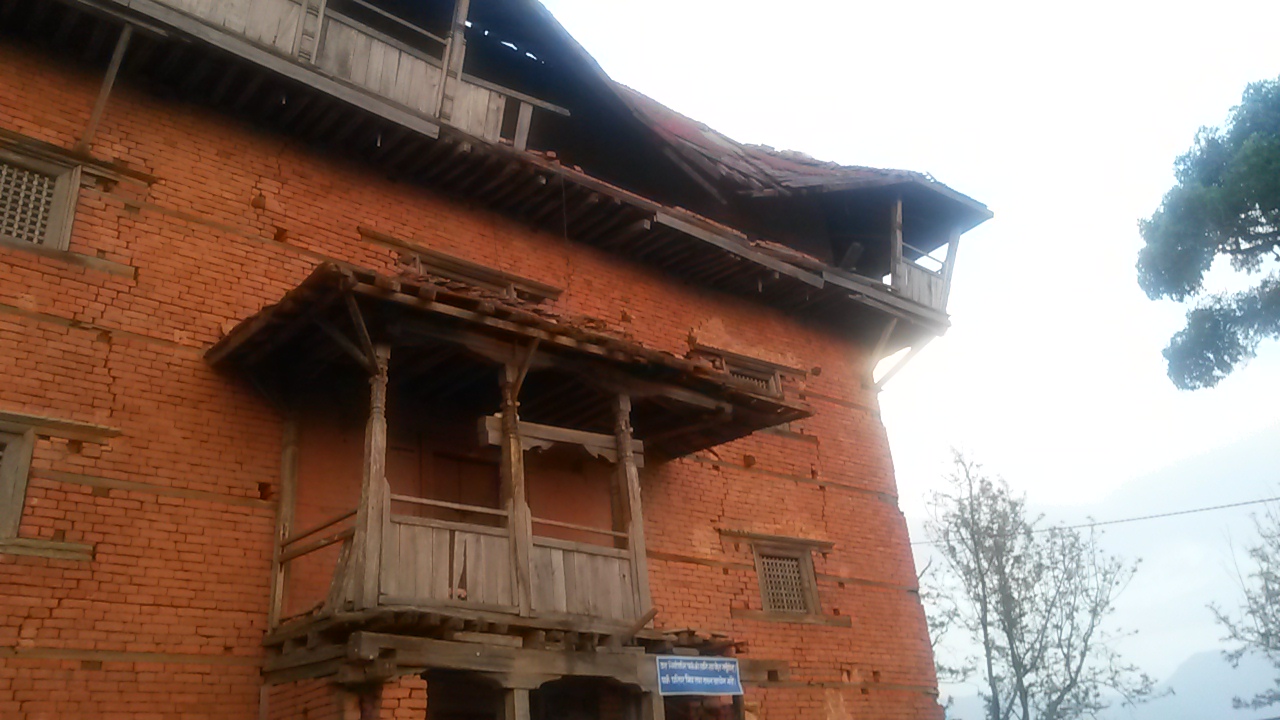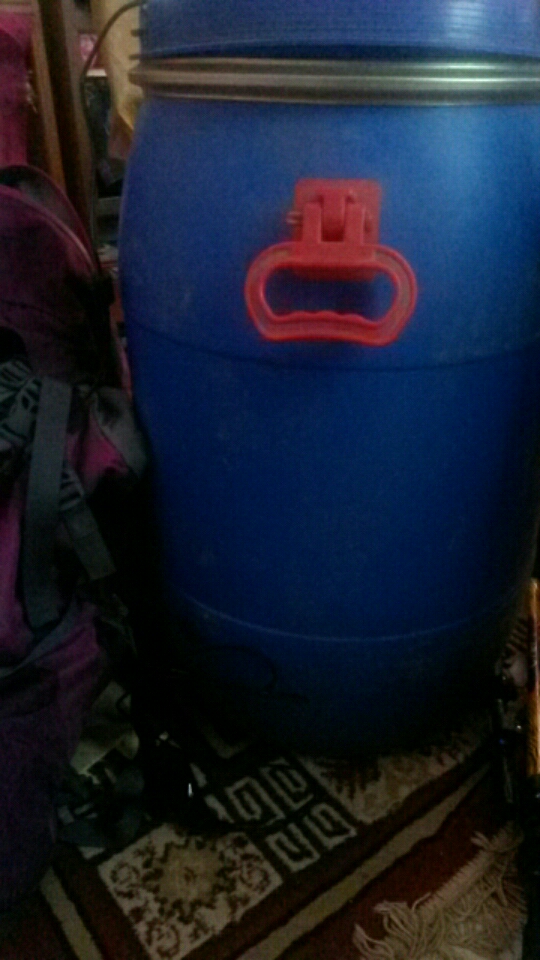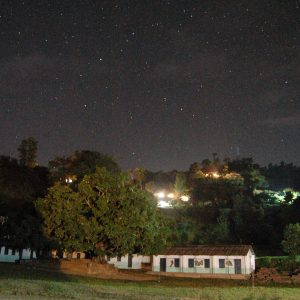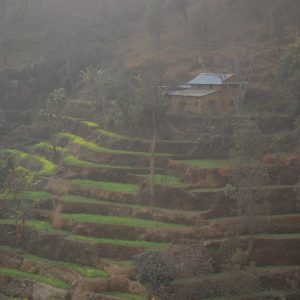Two years ago today, Nepal suffered an incredibly devastating earthquake. I hope you are aware of that. What you may not know is that the experts believe Nepal is in store for another strong earthquake. They apparently have no way of predicting when it will happen, but you can read a bit about it here and here. My region, which was the epicenter, is still having aftershocks- the last one, a month ago, was 5.0.
I had a pretty intense earthquake preparedness session at the embassy when I got here, and the importance of having a “go” bag (a bag that holds everything needed to survive for a few weeks in the event of an earthquake) and a “shelter-in-place” barrel. The point was hammered home when I saw the ruins of the hotel my friend had stayed in the night before the earthquake. The other Fulbrighters take it just as seriously- every building we go into, we plan where we would situate ourselves in the room during an earthquake and where we would go if we had the chance to escape during a lull (because stairwells are the weakest part of buildings, it’s typically not advised to try to evacuate during an earthquake unless the building’s coming down).
So for preparation: I sleep with my shoes next to the bed (so I don’t step on broken window glass if an earthquake happens during the night). I also have a flashlight in one of my shoes, so I know exactly where it is. Then, I have my “go” bag next to my shoes. In that, I have my winter coat, a flashlight, a headlamp, an emergency signal, water sterilization products, food (though I really need to buy more- right now I only have enough to last me 3 days), a liter of water, a first aid kit, a copy of my passport, and a list of emergency numbers. I need to get more food and water. Think of anything else I need? Let me know.
The embassy also gives everyone shelter-in-place barrels that have a three-weeks supply of everything imaginable required to survive. I carry around my go-bag everywhere and keep my barrel by the door to my room (it makes a great nightstand).
Since I’ve come here and seen firsthand the benefits of being prepared, I’ve taken emergency preparedness seriously, and I hope you will too. I wouldn’t be fulfilling my duties as a Fulbrighter if I didn’t discuss how Americans can be better prepared as well. First of all, we are incredibly fortunate to be a part of a country that has an emergency preparedness site. Go check out ready.gov for all sorts of tips and articles. I really would urge you to have an evacuation plan for any multi-storied buildings you frequent (including your house) because today and every day, preparedness saves lives.




